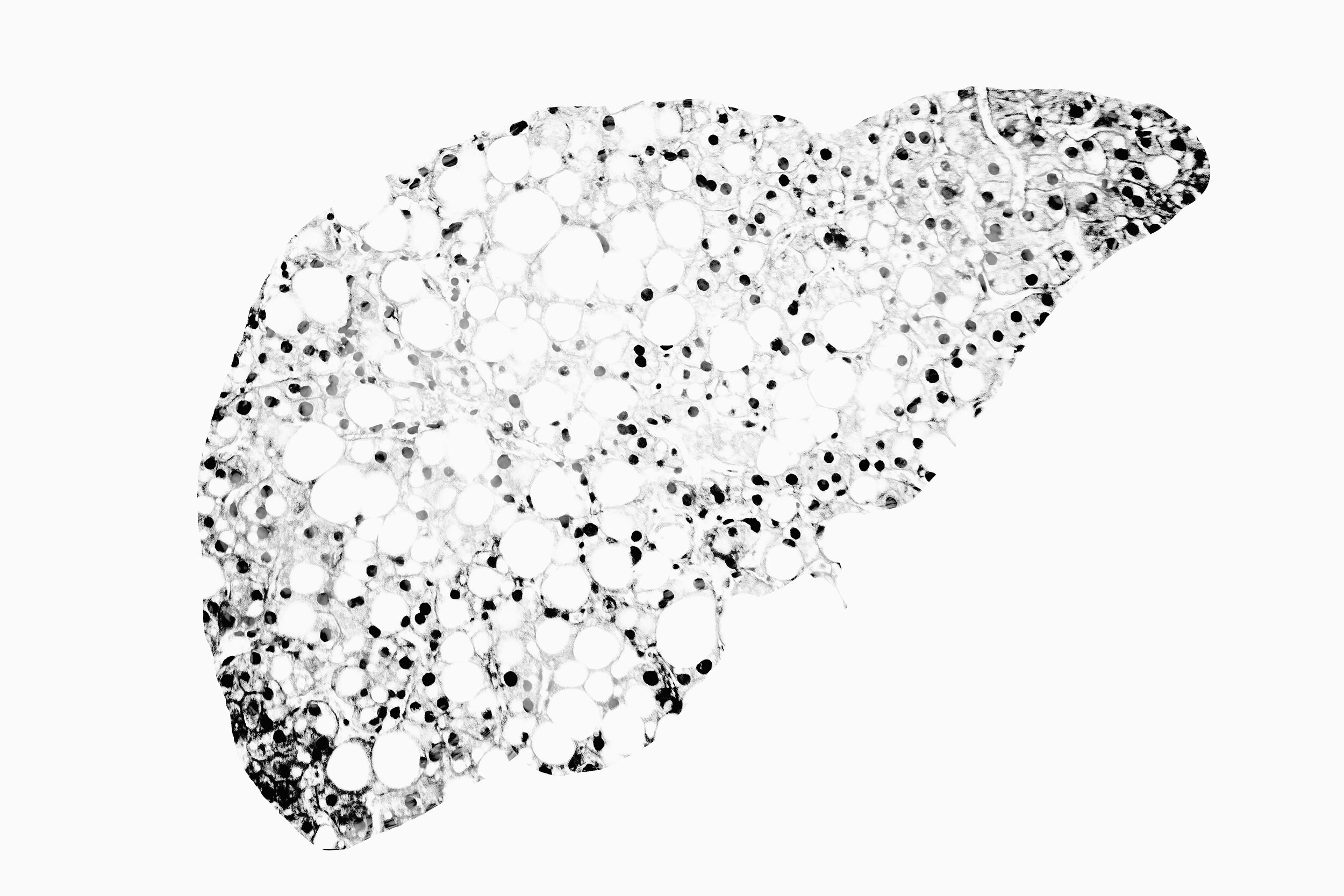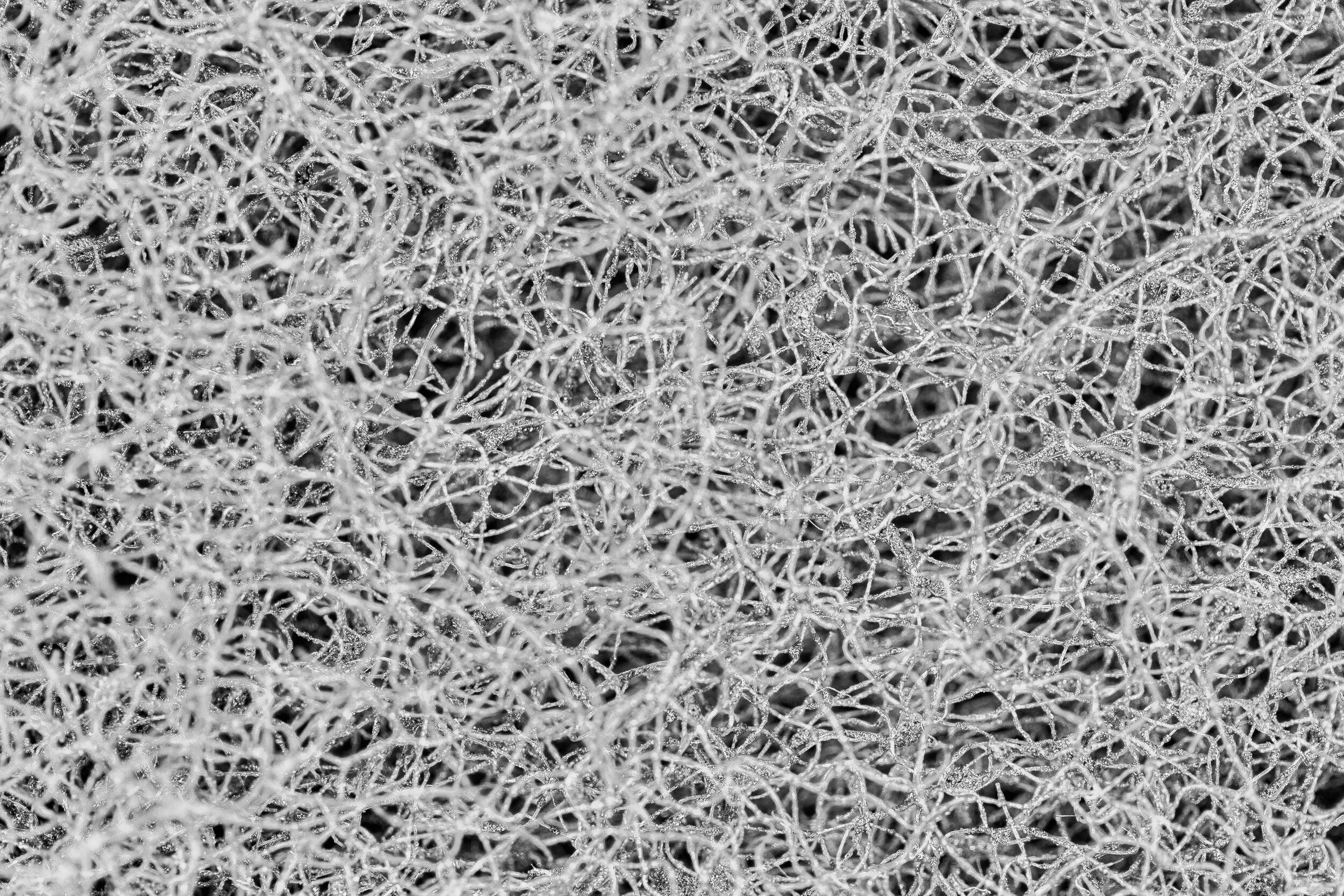Aging results in a gradual loss of skeletal muscle function over time. Sarcopenia, the progressive loss of skeletal muscle mass, strength, and performance with age, is one of the critical causes of functional decline in aged adults. Essential for supporting breathing, as well as moving and maintaining posture and balance, skeletal muscle makes up nearly 40% of a young, healthy individual’s total body mass and decreases between 3 to 8% each decade after 30 years of age.
Read MoreAtaxia telangiectasia (AT) is a rare, inherited neurodegenerative disorder characterized by cerebellar degeneration, immunodeficiency, and cancer predisposition. Previous preclinical research has shown that increasing NAD+ through nicotinamide riboside (NR), a vitamin B3 form, improved neurodegeneration and neuromuscular function in mouse models of AT. These results indicate that NAD+ boosting may be a potential therapeutic strategy for AT. Researchers of this study set out to investigate the effects of boosting NAD with NR in AT patients.
Read MoreA recent phase 2 clinical trial published on Cell Press Sneak Peek, a preprint publication website for papers under review by Cell Press Journals, found that a novel combined metabolic cofactor supplement (CMCS) cocktail which included nicotinamide riboside (NR) significantly reduced hepatic fat in nonalcoholic fatty liver disease (NAFLD) patients by 10%.
Read MoreRaising NAD+ levels with nicotinamide riboside has been shown, in animal models, to reduce pain resulting from the cancer treating drug therapy paclitaxel. When administered to rodents in combination with paclitaxel, NR also helped to further decrease tumor growth, suggesting NR may enhance the drug’s tumor-suppressing effects.
Read MoreA new study assessing whether administration of a mixture of Combined Metabolic Activators (CMAs), including NAD+ precursor nicotinamide riboside (NR), could treat Parkinson’s disease patients, is now available on the open access preprint publication server medRxiv.org.
Parkinson’s Disease (PD) is a neurodegenerative disease largely characterized by impairments in motor functions, including tremors, stiffness, slow movement, or difficulty in maintaining balance, as well as in non-motor functions, such as cognitive impairment [1]. Those who suffer from PD may also experience mental and behavioral changes, memory difficulties, and depression.
Read MoreResults of a new phase 2 clinical study assessing whether administration of a mixture of Combined Metabolic Activators (CMAs) including NAD+ precursor nicotinamide riboside (NR) could treat Alzheimer’s Disease patients, are now available on the open access preprint publication server medRxiv.org.
Alzheimer’s Disease (AD), a neurodegenerative disease characterized by impaired memory and cognitive decline, affects more than 44 million people worldwide [1, 2]. The disease not only causes tremendous human suffering, but also puts an enormous strain on the healthcare system, families, and federal budget.
Read MoreResults of a phase 3, double-blind, placebo-controlled trial assessing whether a mixture of Combined Metabolic Activators (CMAs) targeted at mitochondrial function, could improve metabolic function and aid the recovery of mild-to-moderate COVID-19 infected individuals, are now available in the peer-reviewed journal Advanced Science.
The study, conducted at Umraniye Teaching and Research Hospital, University of Health Sciences, Istanbul, Turkey, found that the CMAs, which included nicotinamide riboside (NR), L-serine, N-acetyl-L-cysteine (NAC), and L-carnitine tartrate, when delivered in combination with standard of care, experienced a statistically significant, 3.5 day reduction in recovery time in the COVID-19 infected patients.[1]
Read MoreA recent study published in The European Molecular Biology Organization Journal, conducted by investigators at the National Institute on Aging (NIA) and the National Cancer Institute (NCI), both divisions of the National Institutes of Health (NIH) has uncovered some important findings related to the relationship between critically short telomere length and telomere dysfunction, the nicotinamide adenine dinucleotide (NAD) metabolome, mitochondrial maintenance, and replicative senescence (a phenomenon where normal cells stop dividing.)
Read MoreA new study published in Experimental Gerontology found that among 170 blood donors, elderly patients with heart failure had the lowest NAD+ levels, which suggests a role for NAD+ precursors in supporting heart health [1].
Read MoreOn the heels of two previously published preclinical studies investigating the effect of viral infection on NAD+ levels, new clinical research in 93 mild-to-moderate COVID-19 infected patients is now available on the open access preprint publication server medRxiv.org.
Read MoreA study published in Translational Animal Science finds that in ovo nicotinamide riboside (NR) injections increased chick pectoralis major (PM) muscle weight, length, width, and depth – a result which could have a big impact on the poultry industry.
Read MoreA recent study found that raising NAD+ levels in a mouse model could protect the survival and function of retinal cells, the cells responsible for sight, against damaging UV light.
Read MoreRaising NAD+ levels with the precursor Nicotinamide Riboside (NR) was found to reduce markers of inflammation in the blood from a small group of Stage D heart failure (HF) patients.
A new study shows that while both nicotinamide mononucleotide (NMN) and nicotinamide riboside (NR) can help protect against blood-vessel inflammation by raising NAD+, NR may be the more direct and effective precursor.
An autism model developed in male mice supplemented with nicotinamide riboside (NR) was found to have restored levels of the neurotransmitter oxytocin and improved social behavior.
Recent studies have shown that increasing cellular nicotinamide adenine dinucleotide (NAD+) levels can restore metrics of fertility, such as oocyte (immature egg) count and health, among aging mice.
New preclinical research shared on scientific publishing website bioRxiv.org has demonstrated that increasing NAD+ levels can boost the activity of protective enzymes called PARPs and reduce coronavirus replication in a mouse cell model.
Innate immunity is the body’s first line of defense against infection which is why this powerful security system needs all the fuel it can get. One cellular energy carrier critical to this process is nicotinamide adenine dinucleotide (NAD+).
Read MoreA new preclinical study published in Molecular Cell, out of Northwestern University, found that boosting NAD+ levels with nicotinamide riboside (NR) could turn back the clock on cellular aging in mouse liver cells.
Read MoreA new study recently published in Hepatology Communications and conducted by investigators from The University of Birmingham, its affiliated hospital, and the University of Iowa, found that NAD+ levels were significantly reduced in liver samples obtained from those undergoing transplant surgery for alcohol-related liver disease (ARLD), suggesting that NAD+ may play a critical role in mitigating liver damage.
Read More



















